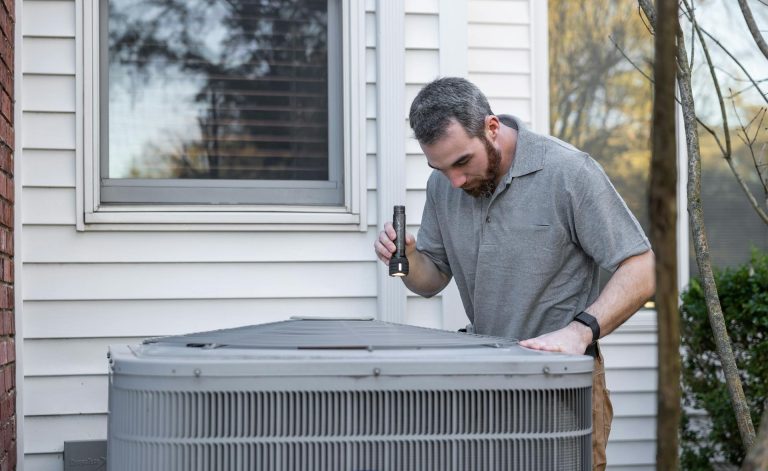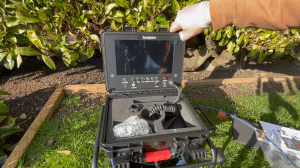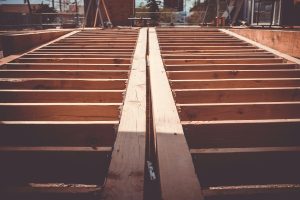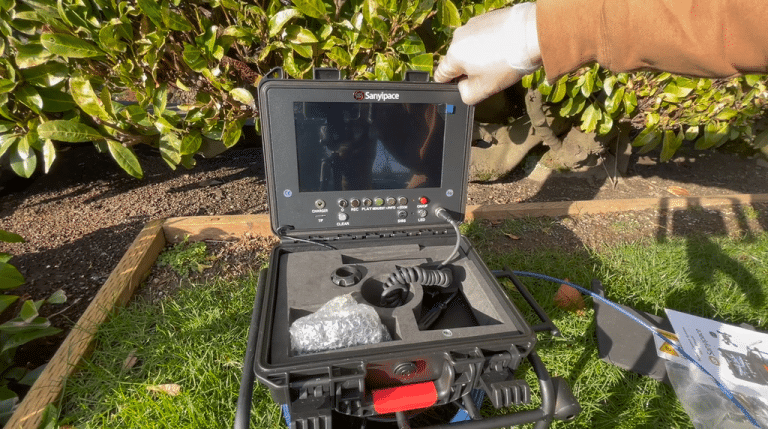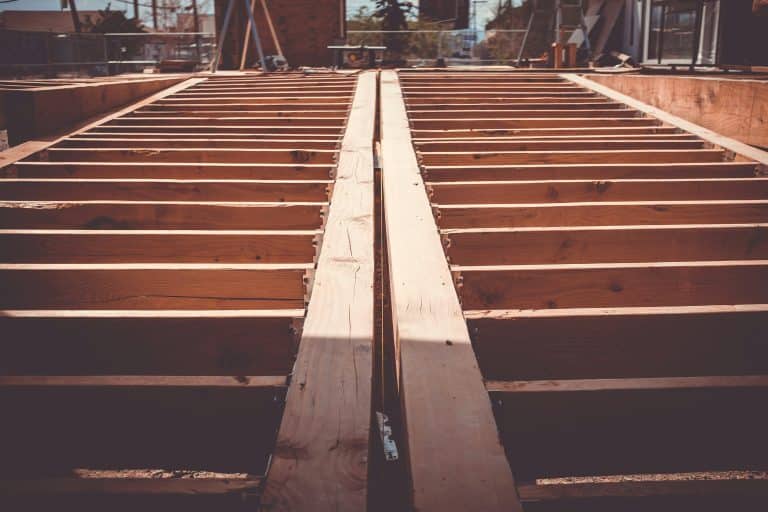Key Takeaways:
- Paying attention to early warning signs from your heating system helps you avoid costly breakdowns and emergencies.
- Issues like uneven temperatures, unusual noises, or unexpected energy bill spikes often signal deeper furnace problems.
- Poor air quality, strange odors, or frequent cycling are signs your system may need repair or professional inspection.
- Preventive maintenance—like filter changes and seasonal tune-ups—extends the life of your system and keeps your family safe and comfortable.
Why Paying Attention to Heating System Health Matters
A reliable heating system is not just about making it through the winter in comfort—it’s also about keeping your energy costs under control and ensuring the safety of your home. If ignored too long, a faulty heater can lead to uneven warmth, frequent repairs, and even hazardous conditions.
Often, homeowners become aware of issues only when they experience a total system failure or a costly breakdown. By paying close attention to changes in your system’s performance and scheduling timely furnace repair in Philadelphia, PA, you not only extend the life of your system but also enhance your family’s comfort and safety during the coldest days.
Inconsistent Temperatures Throughout Your Home
If you notice some rooms are much warmer or colder than others, your heating system may not be distributing air evenly. These imbalances can arise from blocked vents, duct leaks, poor insulation, or an aging furnace struggling to keep up. Be mindful of rooms that never reach the thermostat setting or areas prone to drafts, as these are clear indicators of underlying heating issues.
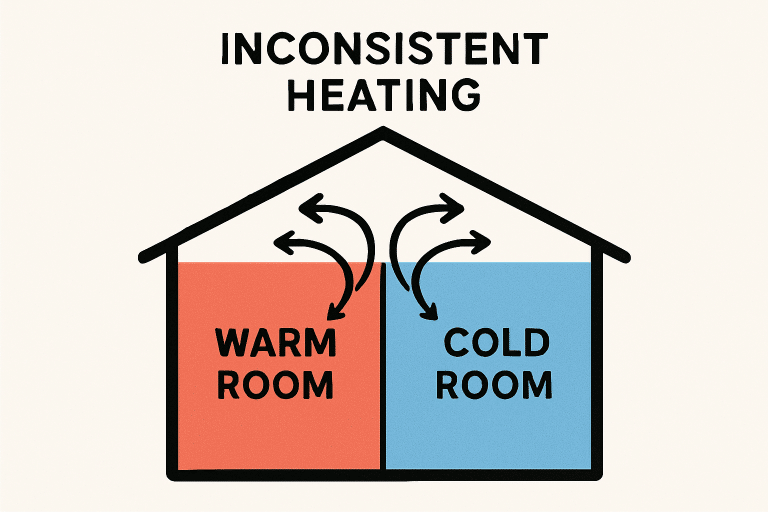
Unusual Noises Coming From the Unit
While some furnace noise is typical, loud or persistent sounds signal a need for attention. Clanking, banging, scraping, or high-pitched whistling noises can indicate anything from a loose belt or unbalanced blower motor to a cracked heat exchanger or ignition problems. Ignoring these sounds can allow minor mechanical issues to develop into major failures that are much more expensive to repair.
Unexpected Increases in Energy Bills
A spike in utility bills often indicates inefficiency in your heating system. Dirt build-up, worn-out parts, or improper calibration can force your system to work harder, consuming more energy for the same heat. If your fuel or electric bills rise and weather patterns haven’t changed, it’s wise to compare your current usage with past years and look for warning signs from your HVAC system.
Poor Air Quality or Unusual Odors
If your heating system produces dust, dry air, or persistent odors like burning or mustiness, it could indicate clogged filters, dirty ducts, or mold build-up. Poor indoor air quality not only affects comfort but can also aggravate allergies and respiratory issues. Don’t ignore signs like increased dust accumulation or the smell of burning plastic or metal—these could point to overheating components or electrical hazards.
Frequent Cycling Or System Won’t Start
“Short cycling” describes when your heater turns on and off more frequently than usual, often before reaching the set temperature. This behavior wastes energy, places stress on components, and suggests issues like thermostat malfunction, clogged filters, or improperly sized equipment. In more severe cases, your system may refuse to start at all, signaling electrical or mechanical failures that require quick attention to avoid a full breakdown.
What to Do If You Notice the Warning Signs
If you spot these symptoms, start with a few basic troubleshooting steps: check your thermostat settings, replace air filters, and confirm that all registers are open and unobstructed. Inspect your electrical panel for tripped breakers or blown fuses. If problems persist after these checks, it’s best to call a qualified HVAC professional.
Preventive Maintenance: Avoiding Big Repairs
Routine maintenance is the key to longevity and reliability in any home heating system. Homeowners should change or clean filters every 1–3 months during the heating season, inspect vents for blockages, and schedule professional inspections before cold weather sets in. Preventive tune-ups can catch minor problems before they escalate, resulting in fewer emergencies and longer-lasting equipment. Consistent care also means cleaner air and fewer health and safety risks for your household.
Final Thoughts: Staying Warm and Safe All Winter Long
Spotting issues early—like uneven heating, strange sounds, higher energy costs, declining air quality, or frequent cycling—can save you from expensive, inconvenient breakdowns. Stay proactive, perform seasonal maintenance, and never hesitate to contact a trusted expert. Proactive care means more reliable warmth, lower costs, and peace of mind all winter.


